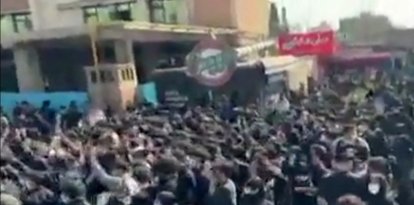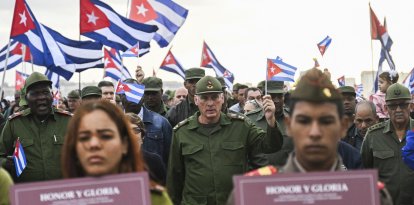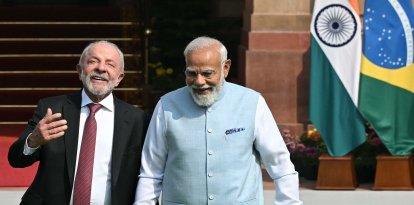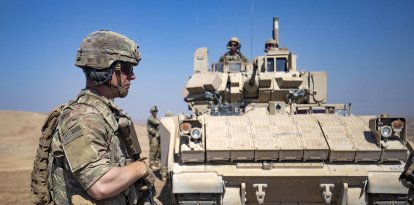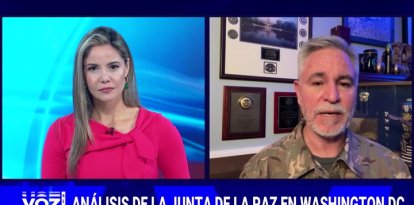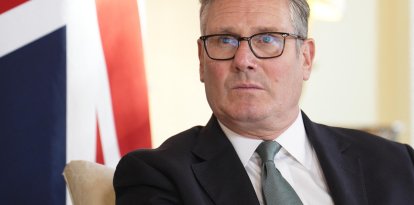Trump and Putin agree on ceasefire for energy infrastructure and Black Sea
The two leaders sent their negotiating teams to the Middle East to work on the agreement in detail. They also agreed that Iran cannot possess nuclear weapons.
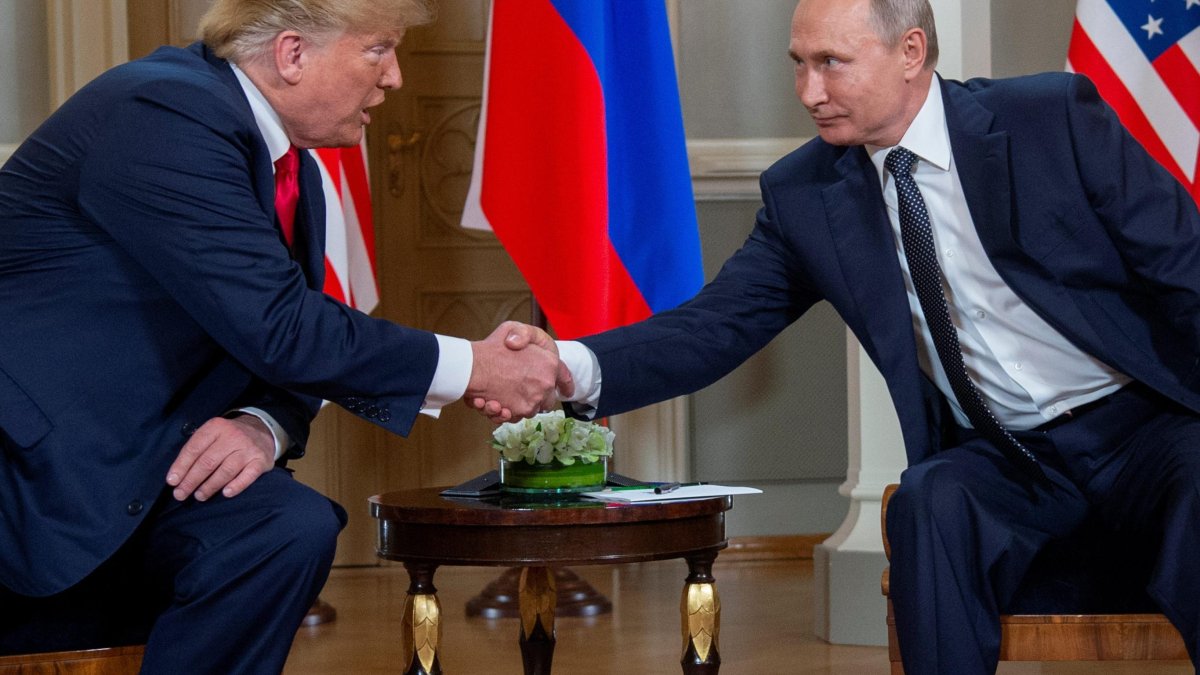
Trump and Putin in 2018
President Donald Trump and his Russian counterpart, Vladimir Putin, held a telephone meeting Tuesday at the Kremlin's request after which they announced a limited truce.
At the end of the talk, both governments expressed satisfaction and announced that they will begin work soon to implement a truce affecting infrastructure and the energy sector in Ukraine and Russia. They also announced a forthcoming end to hostilities in the Black Sea.
According to the White House, negotiations to implement these truces as soon as possible will begin soon in the Middle East, which will again be the stage for the dialogues. For these negotiations, the Kremlin and the White House spoke of creating a team of experts dedicated to these conversations.
This truce would give a respite to supplies and infrastructures that provide energy to the civilian populations of Ukraine and Russia. Likewise, the Black Sea, which surrounds Crimea, will also be subject to a cessation of hostilities which would relieve the world's grain supply.
The Kremlin reported that on March 19, Russia and Ukraine will "exchange 175 prisoners each." Russia will also release "23 seriously wounded Ukrainian servicemen who are being treated in Russian medical institutions will be transferred."
As for guarantees, Putin insisted that Ukraine must stop receiving aid from abroad. This is something Kiev and its European allies refuse to do. He asserted that "the key condition for preventing the escalation of the conflict and working for its resolution by political and diplomatic means must be the complete cessation of foreign military aid and the supply of intelligence information to Kiev." The White House made no public comment yet on this condition, which would be dangerous for Ukraine.
90-minute phone call
The call between the two leaders lasted more than an hour and a half. Throughout it, Dan Scavino, President Trump's advisor, gave a brief update in which he assured that things were "going well." The meeting started later than planned, apparently because of Putin's schedule, who was still on a television set when the meeting was already supposed to have started.
From Russia, Putin's special envoy for trade cooperation, Kirill Dmitriev, claimed in a post on X that "the world has become a much safer place today" thanks to Putin and Trump's leadership. Still according to the Kremlin, the call was "detailed and frank."
'Iran should never be in a position to destroy Israel'
About Iran and its nuclear program, Karoline Leavitt advanced that the two leaders "discussed the need to stop proliferation of strategic weapons" and that there is a commitment with others "to ensure the broadest possible application." She added that "the two leaders shared the view that Iran should never be in a position to destroy Israel."
The week before, on Friday, Russia was in Beijing for a summit with China and Iran to directly address Iran's nuclear program, which is enriching uranium to very high levels according to the International Atomic Agency.














